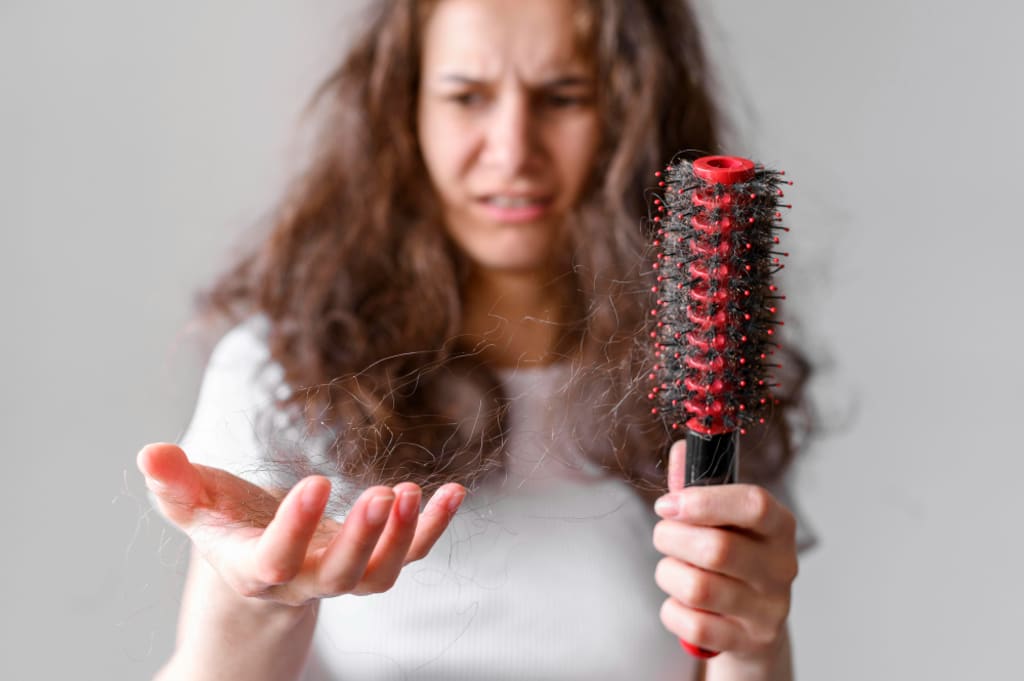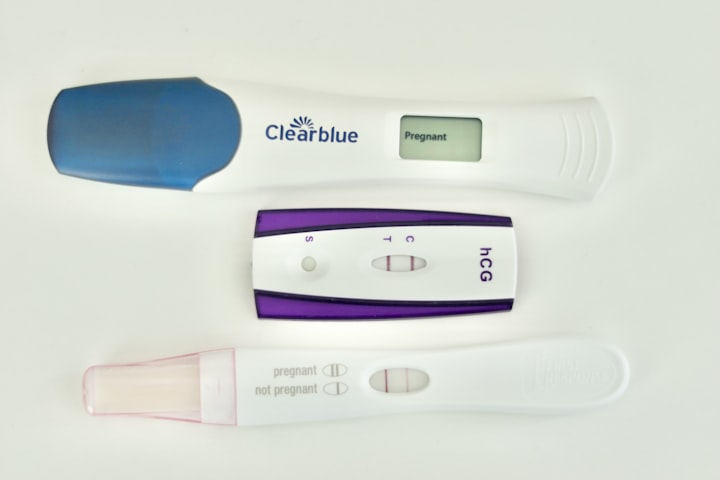Causes of Increased Hair Fall In Monsoon & How to Control Hair Loss During Monsoon
How to Control Hair Loss in Monsoon

The rains bring a certain joy along with them. The respite from the scorching heat of the summer is welcomed wholeheartedly. The freshness in the air and the greenery all around are a treat to parched eyes. But along with all the joy, rains bring along with them several challenges, especially when it comes to your hair. Excessive hair fall during the monsoons is a significant cause of concern. This occurs due to several reasons and it is crucial to understand these reasons to help curb the hair fall. In this article, we explore the reasons why your hair falls more during the rains and what can be done to minimise the hair fall.
Causes Of Increased Hair Fall In The Monsoons
During the monsoons, the air is high in humidity and stickiness. This, along with several other factors like improper hygiene, nutritional deficiency, infections, and hair-styling tools, leads to increased hair fall during the rains.
● Fungal infections- Hot and moist places are the perfect breeding ground for all types of fungi and parasites. The weather during the monsoons locks in the moisture in your scalp. This moisture along with all the dirt and grime present on the scalp, make it the perfect place for fungal infections. These scalp infections weaken your hair follicles and lead to hair fall.
● Excessive moisture- continuous exposure to moist, humid weather weakens the shafts of your hair. This makes them break and fall off easily. During the rainy season, it takes a longer time to dry your hair completely after washing them. This prolonged wetness damages the shafts of the hair and also weakens the hair follicles leading to hair fall.
● Dryness of scalp- The humidity during monsoons strips your hair and scalp of moisture and essential oils, leading to dry and weak roots. Hair having weak roots falls easily.
● Weak hair roots- Your hair tends to absorb the excessive moisture in the air during the monsoons. This wetness is stored inside the hair follicles, which leads to their damage. Weakened hair roots lead to excessive hair fall.
● Dandruff- This is a condition where the scalp is very itchy and produces a lot of flakes. Dandruff is known to increase during the monsoons. This happens due to the inflammation of the scalp due to moisture, infections, and hairstyling tools and devices. The inflamed scalp causes hair to lose strength and fall off easily.
● Nutritional deficiencies- The monsoons often bring a scarcity of fresh, nutritious veggies and fruits. As a result, essential nutrients like vitamins and minerals are not available to the body. This nutritional deficiency affects your overall health. It weakens the hair roots and leads to hair fall.
● Stress- The change in weather can bring in a lot of physical as well as mental stress. Adjusting to the rains after a hot summer can be stressful. Though not very obvious, your body does go through a stressful period of acclimatisation. This stress is harmful to your hair follicles and can lead to hair fall.
● Styling Tools- Devices like blow dryers, hair straighteners, or curlers can be harmful to your hair if used frequently. Most of these styling tools use a lot of heat to give you your desired results. This heat can dry out the scalp and also weaken the hair roots and hair follicles. The dried scalp can then exacerbate dandruff and other scalp infections. All these add up to hair loss.
What Can You Do To Prevent Hair Fall During Monsoon?
Hair loss during the monsoons is normal to a certain extent. The weather, the wetness, and the humidity are not in your control. But you can control your haircare routine and habits. Measures like modifications in your combing style, using hair masks, and other home remedies are helpful to curb hair loss during monsoons.
● Cleanliness- Keep your hair and scalp clean. Use a mild shampoo to wash out all the dirt and oil that clog the hair follicles. Use an anti-dandruff shampoo to clean the scalp flakes if needed.
● Conditioners- Conditioners help to keep the hair soft and prevent tangles. Liberally apply conditioner after every hair wash. This ensures that your hair strands don't break off while you comb them after hair wash. You may use any of the good quality conditioners available in the market. Remember to wash your hair, especially the scalp, well after using the conditioner. Remnants of the conditioner, if any, on the scalp can lead to itching of the scalp and hair breakage.
● Oiling- The monsoons can make your scalp dry and your hair brittle. It is important to oil your hair regularly so that the scalp gets its regular supply of essential oils and nutrients. Coconut oil, olive oil, and almond oil are some of the excellent oils that can provide all the nutrition to your hair and make the hair roots strong. Massage your scalp using your fingers for about 10 minutes. Massaging helps to stimulate blood circulation to the scalp and also enhances the absorption of oils.
● Excessive washing- While it is essential to keep the hair clean, too much washing is also not recommended. Frequent washing can strip your hair and scalp of essential oils and leave your hair dry and brittle. Limit your hair washes to 2-3 times a week to maintain the natural oil balance.
● Protect your hair- Whenever possible, avoid getting wet in the rain. Cover your hair with an umbrella or a hat. The rainwater contains hydrogen and is somewhat acidic. Both of these are not good things for your hair. Hydrogen locks in the excessive moisture in the hair and hair follicles while the acidic nature of the rainwater dries out your scalp. This leads to hair loss.
● Styling tools- Avoid using blow dryers or straighteners and curlers during the monsoons. The heat from these devices dries out the scalp and damages the hair strands leading to hair breakage. Opt for natural drying methods and embrace natural hairstyles during the monsoons.
● Healthy diet- A balanced, nutritious meal can help control hair fall, not only during monsoons but all year through. A diet rich in proteins, minerals, and vitamins is crucial to hair health. Include a lot of fresh vegetables, green leafy veggies, fresh seasonal fruits, nuts, fish, and eggs in your diet to replenish your body’s store of nutrients.
● Stay Hydrated- Drink adequate amounts of water to keep your body hydrated. This in turn will keep your hair hydrated and healthy.
● Handling wet hair- Wet hair is prone to break easily. Avoid combing or styling your hair while it is wet after a wash.
Hair Fall during the monsoons can be very distressing. With proper care and precautions, you can minimise hair fall. Be consistent and patient with your hair care routines. A holistic approach helps to reduce hair fall to a great extent. If you feel that your hair loss is severe and nothing seems to be working to stop the hair fall, do plan a visit to your trichologists who will work out a personalised plan to help you combat your hair loss this monsoon.





Comments
There are no comments for this story
Be the first to respond and start the conversation.